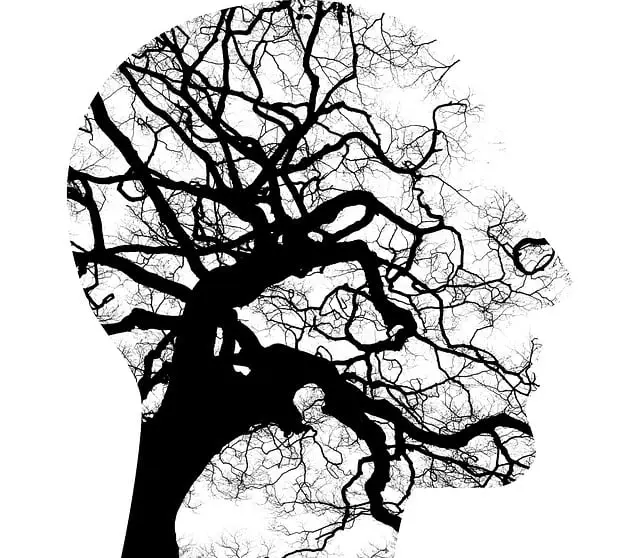Kaiser Permanente mental health Highlands Ranch prioritizes cultural diversity in healthcare delivery, offering personalized services for a vibrant community with varied ethnic, religious, and socioeconomic backgrounds. They foster cultural sensitivity among staff through education, self-care promotion, and community outreach programs. This approach enhances care quality, improves patient experiences, and promotes tailored depression management strategies that respect individual identities. By integrating cultural understanding, they create an inclusive environment fostering trust, communication, and adherence to treatment, transforming mental healthcare outcomes and community engagement.
Cultural sensitivity is an essential aspect of providing effective mental healthcare, especially within diverse communities like that served by Kaiser Permanente mental health Highlands Ranch. This article explores the critical need for cultural competence in mental health practices, highlighting the unique challenges and opportunities at Kaiser Permanente mental health Highlands Ranch. We delve into strategies to enhance cultural sensitivity among professionals and discuss the significant impact of these approaches on patient outcomes and community engagement.
- Understanding Cultural Diversity in Mental Healthcare: A Need for Sensitivity at Kaiser Permanente mental health Highlands Ranch
- Strategies to Enhance Cultural Competence among Mental Health Professionals
- The Impact of Culturally Sensitive Practices on Patient Outcomes and Community Engagement
Understanding Cultural Diversity in Mental Healthcare: A Need for Sensitivity at Kaiser Permanente mental health Highlands Ranch

At Kaiser Permanente mental health Highlands Ranch, recognizing and understanding cultural diversity is paramount to delivering effective care. The community here is a vibrant tapestry woven with threads from various ethnic backgrounds, religions, and socioeconomic statuses. This rich diversity necessitates a sensitive approach in mental healthcare practice. Mental health professionals at Kaiser Permanente are encouraged to incorporate cultural sensitivity into their daily work, ensuring every patient receives care tailored to their unique needs.
A crucial aspect of this sensitivity is the ability to conduct thorough risk assessments that consider cultural factors. By integrating cultural awareness into risk assessment for mental health professionals, practitioners can better understand potential triggers and challenges faced by patients from diverse backgrounds. Furthermore, promoting self-care routine development for better mental health among staff enables them to manage stress related to working with culturally diverse populations. Additionally, implementing community outreach program initiatives can bridge gaps in care and foster stronger connections between healthcare providers and the communities they serve.
Strategies to Enhance Cultural Competence among Mental Health Professionals

Mental health professionals at Kaiser Permanente mental health Highlands Ranch strive to enhance cultural competence through diverse strategies. One key approach is continuous education and training, focusing on topics like cultural identity, biases, and their impact on mental healthcare. This includes learning about different cultural practices, beliefs, and values related to mental health and well-being. Additionally, they participate in community outreach programs that foster connections with diverse populations, enabling a deeper understanding of unique needs within these communities.
The implementation of such programs not only improves access to mental health services but also promotes proactive measures like depression prevention and mood management tailored to cultural contexts. By embracing a culturally sensitive approach, Kaiser Permanente aims to create an inclusive environment where individuals from all backgrounds feel understood, respected, and supported in their journey towards recovery.
The Impact of Culturally Sensitive Practices on Patient Outcomes and Community Engagement

Cultural sensitivity in mental healthcare is no longer a nicety but an essential component for improving patient outcomes and fostering community engagement. Organizations like Kaiser Permanente mental health Highlands Ranch have recognized the profound impact of culturally responsive practices. By incorporating understanding and appreciation of diverse cultural backgrounds, these initiatives enhance the quality of care, ensuring that treatments are not only effective but also respectful and relevant to each individual’s unique identity.
This approach has been shown to significantly benefit patient experiences. When mental health professionals tailor their services to align with a patient’s cultural values and beliefs, it leads to increased trust, better communication, and higher rates of treatment adherence. Moreover, culturally sensitive practices can facilitate the integration of positive thinking, stress reduction methods, and resilience-building strategies that are grounded in the patient’s cultural context. This holistic approach not only addresses mental health concerns but also empowers individuals to navigate life’s challenges with greater confidence and a sense of cultural belonging.
Cultural sensitivity in mental healthcare is not just a preference, but an imperative. As evidenced by practices at Kaiser Permanente mental health Highlands Ranch, recognizing and embracing cultural diversity improves patient care and community engagement. By implementing strategies to enhance cultural competence among professionals, we can ensure that services are tailored to meet the unique needs of every individual, regardless of their background. This approach not only leads to better patient outcomes but also fosters a more inclusive and effective mental healthcare system, reflecting the diverse communities we serve, such as those in the Kaiser Permanente mental health Highlands Ranch region.






